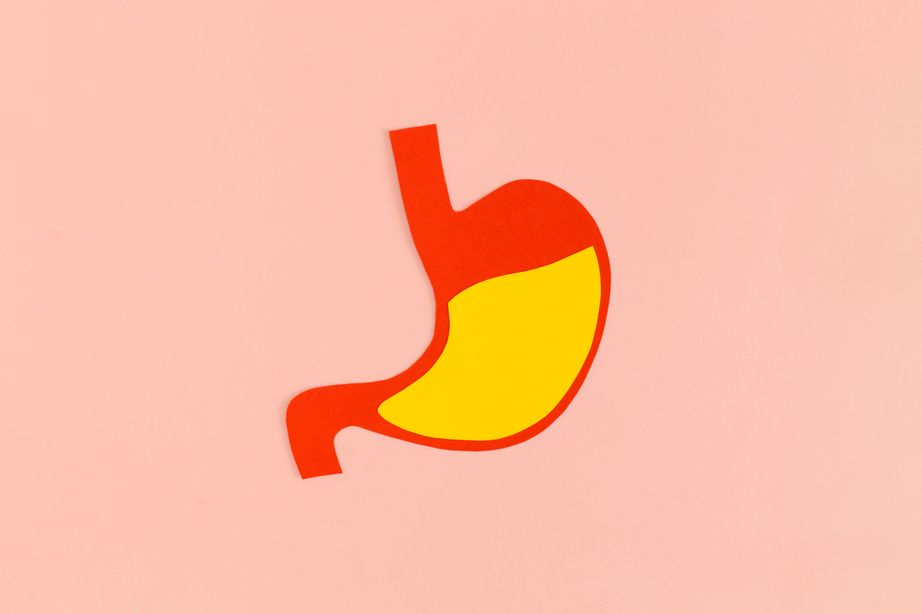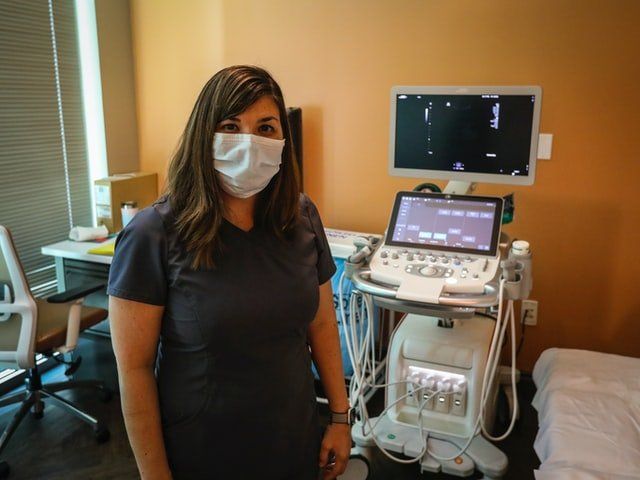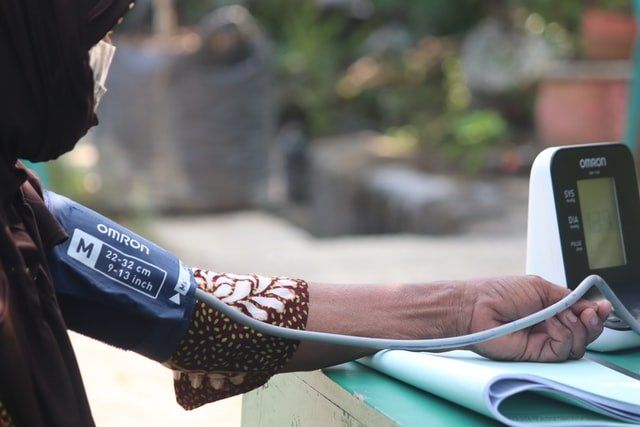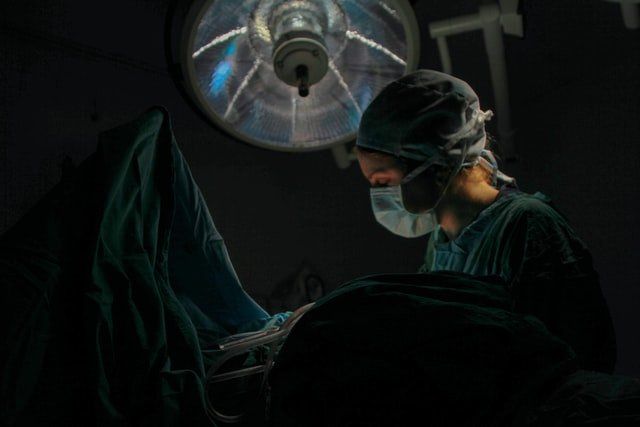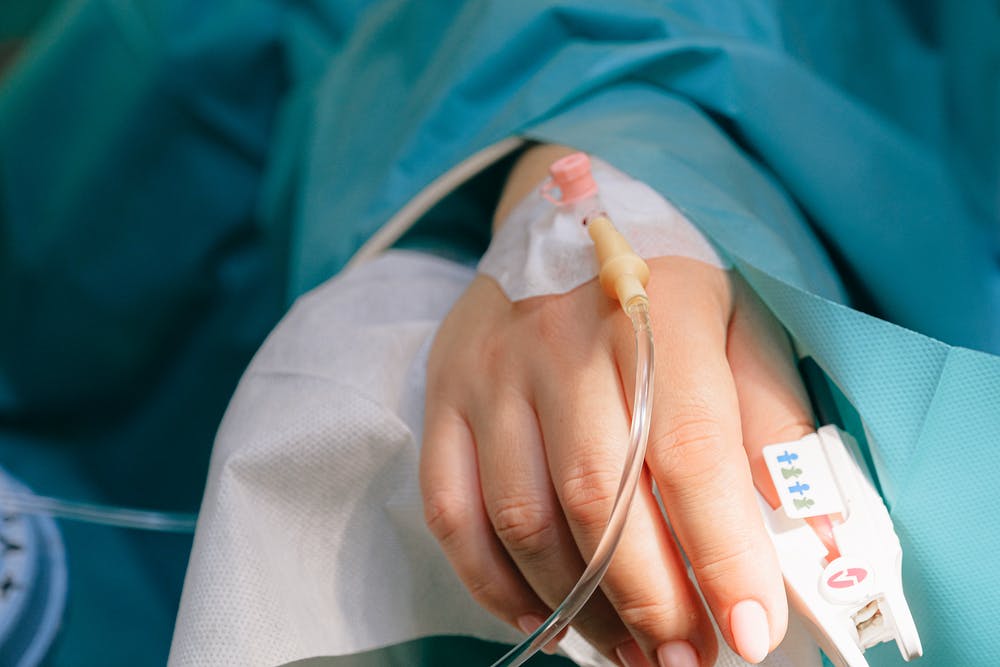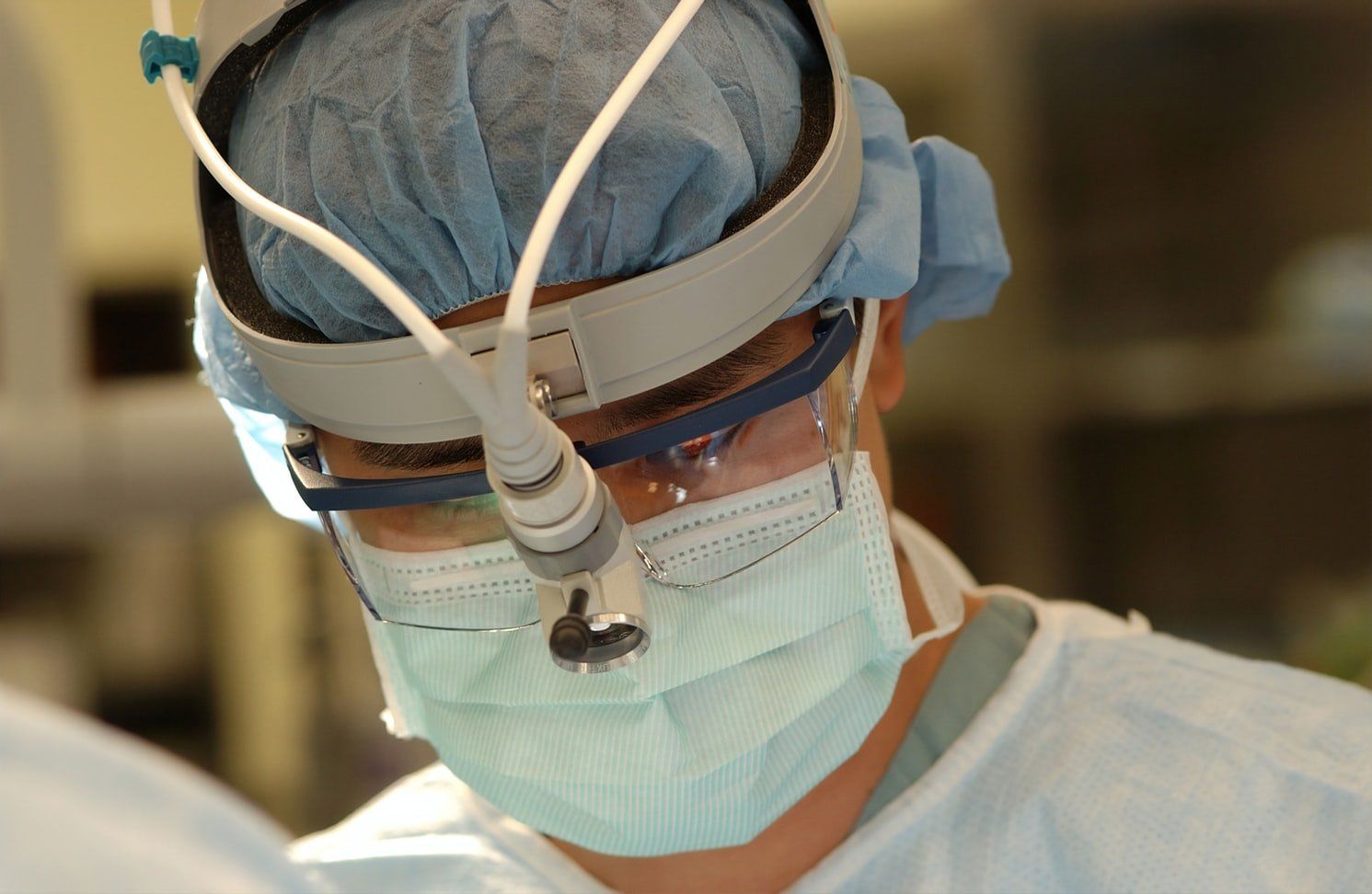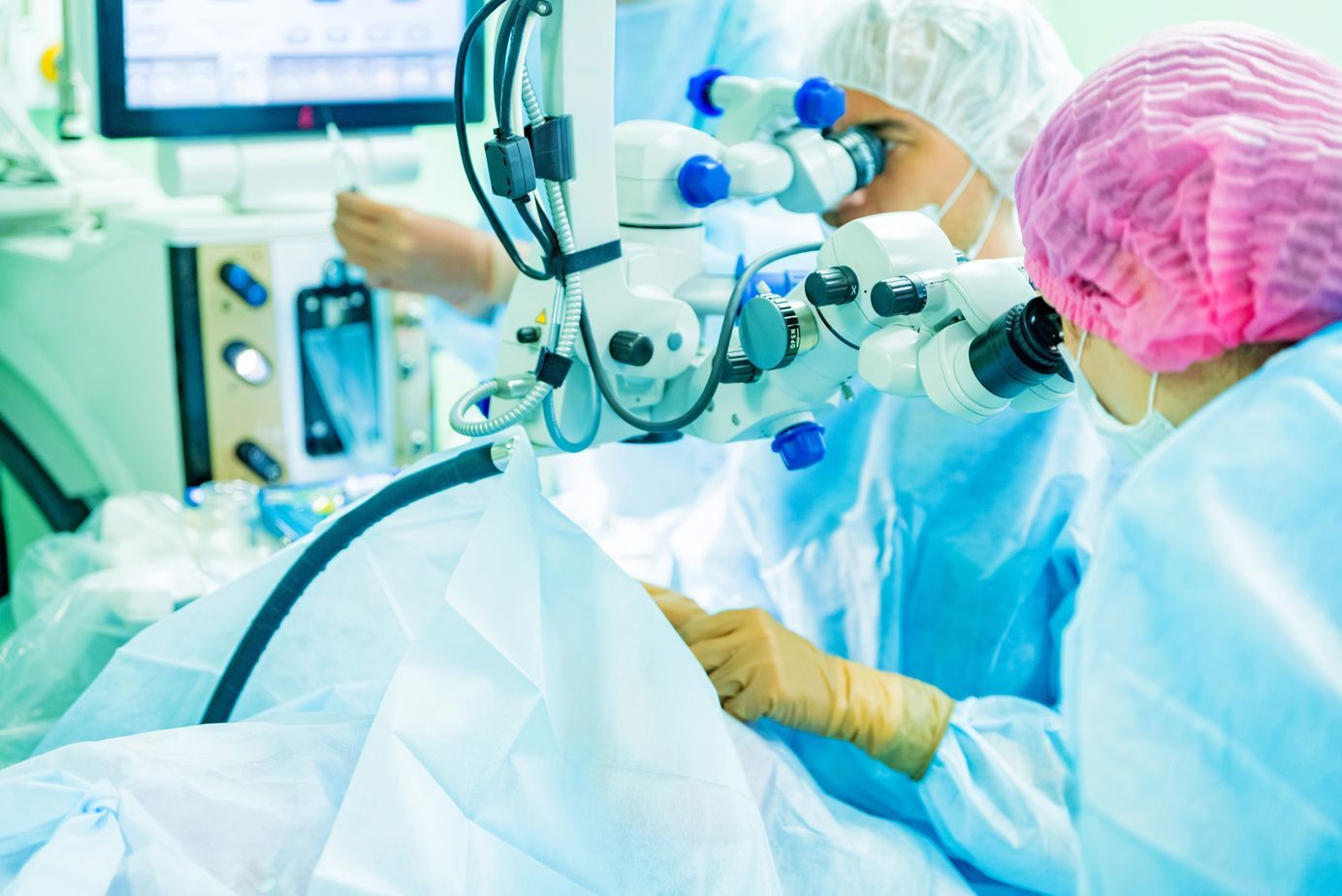4 Important Things You Should Know About Pancreatic Cancer
Pancreatic cancer became the second biggest cause of cancer-related death in the US last 2020. The American Cancer Society's estimates for pancreatic cancer patients will be around 62,210 patients this year alone.
As such, more awareness of this condition is needed to improve knowledge, action, and survival. Pancreatic cancer has one of the highest mortality rates of any cancer, especially among those suffering from obesity and diabetes. It is also more common among smokers and those with chronic pancreatitis.
If this disease is a concern in your family, here are four things you should know about pancreatic cancer:
1. Late Detection is Causing High Mortality Rates
Pancreatic cancer begins in the pancreas tissues that secretes digestive enzymes and hormones to help regulate blood sugar. It is notoriously tricky to diagnose in its early, more curable stages. Moreover, it does not have a conventional diagnostic instrument or validated early detection strategy.
Patients detected early with cancer may be eligible for surgery, which offers the highest chance of long-term disease control. However, often the cancer is found too late when surgery is no longer an option.
According to the National Cancer Institute, approximately 130,000 Americans are diagnosed with pancreatic cancer each year. Most victims are diagnosed when the disease has advanced to a later stage. As a result, just 5 percent of those diagnosed with this type of cancer will live to see another day after diagnosis.
As a result of a lack of early detection methods, doctors may advise patients who know they have a high risk of developing pancreatic cancer to undergo certain tests to establish their risk.
2. Early-Stage Pancreatic Cancer Patients Have a 70 percent Survival Rate
When pancreatic cancer is detected early, the chances of survival are significantly better than when it is detected late. Nevertheless, even in the case of late detection, the chance of survival is only at 70 percent.
In general, the longer it takes for a patient to acquire a diagnosis, the worse the prognosis for that patient becomes. Hopefully, new treatments and studies will be developed in the future years that will significantly impact the survival rates of cancer patients.
3. There Is No Definite Cause of Pancreatic Cancer
Experts still don't know what causes pancreatic cancer. Smoking, an unhealthy diet, and obesity are common culprits of the illness and its hereditary components. A greater incidence of pancreatic cancer was also seen among people who have previously undergone stomach or pancreatic surgery.
Men are also predisposed to pancreatic cancer more than women. They also get it at almost double the rate, probably since men have less constant access to healthcare services than women.
4. Precise Imaging is Difficult to Achieve
The pancreas is a complex organ to image using a CT scan or an MRI. It is located deep inside the abdomen and is surrounded by organs that are difficult to identify, such as the stomach and spleen, making imaging difficult.
Doctors can detect pancreatic cancer in its early stages using a procedure known as PET-CT, which can save lives. According to multiple studies, elevated protein levels are a trypsin-2 risk for developing pancreatic cancer.
Most doctors conduct pancreatic imaging with CT scans and MRIs. However, imaging can be difficult because it hides behind other organs. On the other hand, gastroenterologists using endoscopic ultrasound (EUS) have better imaging results because the organ is right beside the stomach and small intestine.
The EUS produces very detailed pancreatic images. This is typically performed in an outpatient setting and usually takes 20 and 45 minutes.
Conclusion
Since signs of pancreatic cancer frequently appear after the disease has progressed to a more advanced stage, increasing public awareness is vital. Detecting the ailment early is critical to a successful treatment outcome.
Lastly, go to your doctor for a regular check-up. Don't dismiss recurring symptoms as mere stress or fatigue, as they may be a signal of something worse in your body. However, aside from early detection and cure, living a healthier lifestyle is still crucial to avoiding life-threatening diseases such as pancreatic cancer.
If you have fears of pancreatic cancer and want to get an
endoscopic ultrasound in New Brunswick, NJ, book an appointment with Dr. Michel Kahaleh, a world-renowned endoscopist, and gastroenterologist. At Michel Kahaleh Gastroenterologist, we provide interventional endoscopy backed by his extensive experience on various endoscopic procedures. Your quality of life is our priority. Contact us to know how you can get your life back today!

